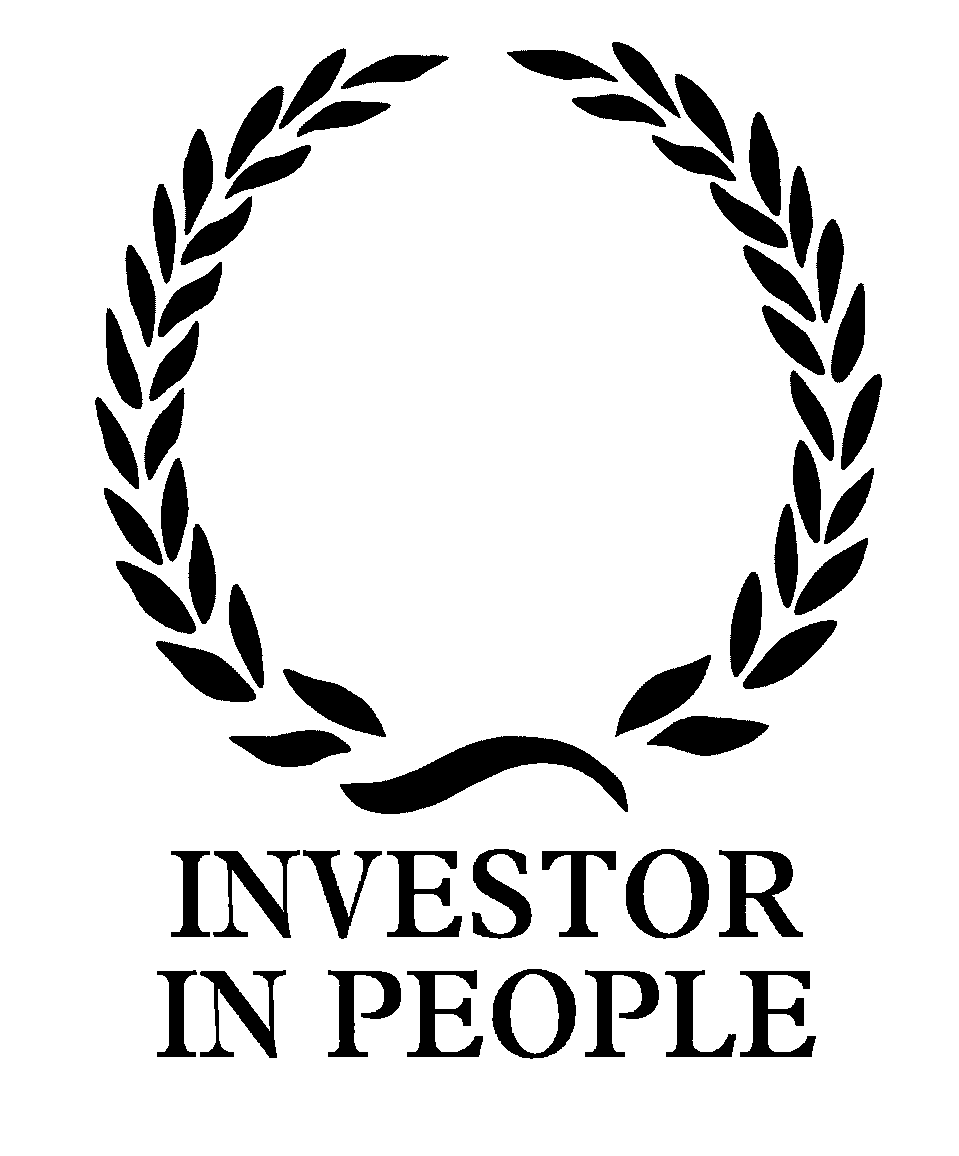






“You don’t change the course of history by turning the faces of portraits to the wall.” – Jawaharlal Nehru
Intent
At Etruscan we provide a broad history curriculum which allows children to explore themes and secure their understanding of concepts. This begins in our EYFS where children learn about the past, present and future by looking at their own life. They develop an understanding of chronology which enables them to interpret more complex time frames further up the school. They will gain a balanced view of history and understand the implications that these events, people and periods of history have had on our current lives. Lessons provide a platform to explore historical concepts, analyse, debate, discuss, be curious and inquisitive. Children are enthused by history. They are able to form their own opinions based on a range of evidence. Children engage in debates and discussions around different topics. They learn about how legacies left by people and periods of history shape the future. They are curious to find out more and make links between periods of history studied. Our history curriculum prepares children for the next stages in their education.
Implementation
At Etruscan, we teach history through the Learning Challenge Curriculum, using an overarching question with 6 subsidiary questions for the children to answer each week. This allows children to develop concepts and explore the period of history in depth. We use a ‘workshop’ style approach to learning to allow children to engage with the lessons. Lessons begin by reflecting on prior learning before identifying which skill they are going to be developing. Vocabulary is a key element in every lesson we teach. By discussing the vocabulary at the beginning of the lesson, we ensure all children can access all elements of the lesson. A range of sources are used in all lessons to support the acquisition of knowledge.
Impact
The 6 core skills are developed throughout the school (nursery through to Year 6). The knowledge is progressive and it allows links to be made. Children are enthused by history. They are able to form their own opinions based on a range of evidence. Children engage in debates and discussions around the topic. They see the validity of the legacies left by the periods studied. They are curious to find out more and make links between periods of history studied.
Characteristics of an Historian:
A good historian is able to use the six core skills which are developed throughout the school.
- Chronology - children learn about time and chronology in many different ways and in many different contexts.
- Similarity and difference – children are able to identify similarities and differences between two time periods, people, events and sources.
- Continuity and change – children are able to identify the areas which have remained the same in history and which have changed.
- Interpretation – children are able to read and interpret a range of sources to formulate their own opinion. They are able to understand bias and how this can impact on different views.
- Cause and consequence – children can identify the reason something happened and what happened as a consequence of it.
- Significance - children are able to understand the importance of a battle, event or person in history. They are able to explain the impact it has had on our world.

Applying History within other subjects:
- In our English lessons, we use history as a inspiration. We write stories, diaries, poems, non-chorological reports and letters.
- In maths, we use our negative number skills to understand chronology and we interpret data.
- In geography, we use our map skills to help us to understand continuity and change.
- We use music and art sources to help us to interpret and understand the past.
- We use computers to help us to research the past.
- We look at how the legacies left by civilisations have helped us to create and design our modern world.
Inclusion:
Teachers set high expectations for every pupil. They plan challenging work to enable all pupils to make good progress regardless of their academic ability or background. We expect all children to make good progress albeit from different starting points.
















